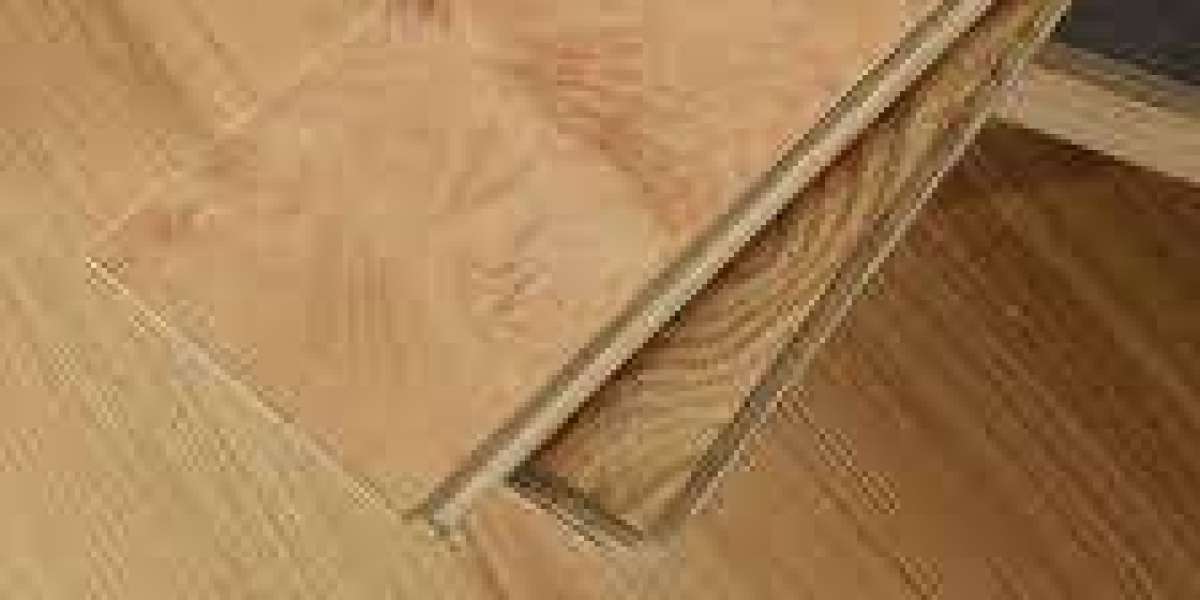Choosing between engineered wood flooring and solid hardwood can be tricky—they both offer natural beauty, but their performance, installation, and cost differ significantly. Here's a clear breakdown of the pros and cons to help you decide which flooring suits your space and lifestyle best.
What Is Engineered Wood Flooring?
Engineered wood flooring is made from a real hardwood veneer layered over plywood or fiberboard.
Pros of Engineered Wood
Moisture Resistant: Performs better in areas like basements, kitchens, and bathrooms.
Easy Installation: Can be glued, stapled, or floated, saving time and labor costs.
Eco-Friendly Option: Uses less hardwood than solid planks.
More Affordable: Costs less than most solid hardwoods while maintaining a genuine wood appearance.
Cons of Engineered Wood
Limited Refinishing: Most engineered floors can only be refinished once or twice, depending on the thickness of the veneer.
Durability Varies: Thinner veneers wear out faster.
Not Always Real Wood Throughout: The core is plywood, not solid hardwood.
What Is Solid Hardwood Flooring?
Solid hardwood flooring is made from a single piece of real wood, like oak, maple, hickory, or walnut.
Pros of Solid Hardwood
Long-Lasting: Can last 50–100 years with proper care.
Multiple Refinishes: Can be sanded and refinished many times.
High Resale Value: Increases property value and appeal.
Timeless Aesthetics: Offers a natural, luxurious look that never goes out of style.
Cons of Solid Hardwood
Sensitive to Moisture: Not ideal for damp or humid areas.
More Expensive: Higher material and installation costs than engineered wood.
Challenging Installation: Typically nailed or stapled over a wood subfloor.
Cost Comparison
| Flooring Type | Average Material Cost | Installation Cost |
|---|---|---|
| Engineered Wood | $4 – $9 per sq. ft. | $3 – $5 per sq. ft. |
| Solid Hardwood | $6 – $12 per sq. ft. | $4 – $8 per sq. ft. |
➡️ Engineered wood flooring is generally the budget-friendly option, while solid hardwood is ideal for long-term value.
Best Use Cases for Each Flooring Type
Choose Engineered Wood If:
You're flooring a basement or bathroom
You want quicker installation
You're working within a mid-range budget
Choose Solid Hardwood If:
You plan to stay in your home long-term
You want the ability to refinish multiple times
You're investing in a premium look and feel
Final Thoughts
Both engineered wood flooring and solid hardwood flooring bring natural beauty into your home—but your decision should depend on budget, room conditions, and long-term plans. For moisture-prone or below-grade areas, engineered wood is your best bet. For timeless elegance and high durability, solid hardwood is worth the investment.



